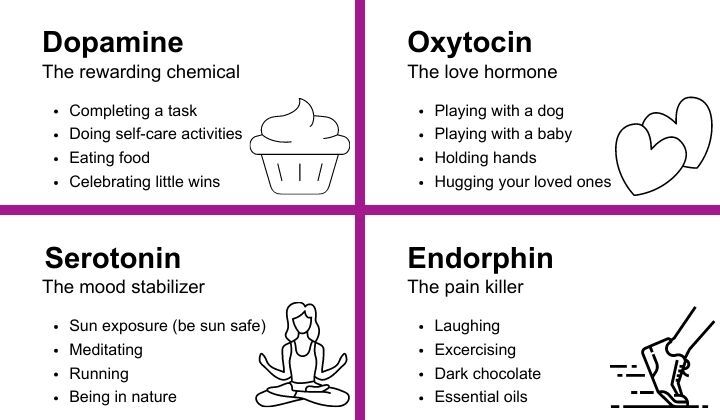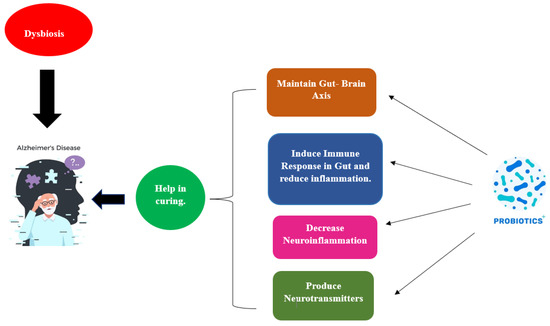Harnessing the Healing Power of Humor: The Role of Laughter in Physical Well-being
In the face of life’s inevitable challenges, laughter emerges not just as a fleeting distraction but as a potent ally in promoting physical health and fortifying the body's defenses. The adage "Laughter is the best medicine" holds more truth than one might expect, as contemporary research continues to unveil the physiological benefits of humor. It turns out that those chuckles and guffaws may do much more than express amusement; they might positively influence our biological systems, playing a vital role in overall well-being.
The idea that laughter could be seriously good for health may sound counterintuitive at first – after all, how can something as simple and enjoyable as laughing have such profound effects on our bodies? Yet the science is clear: laughter triggers a cascade of beneficial processes that can reinforce our immune system, diminish pain, and decrease harmful stress. When we laugh, we engage not just our lungs and facial muscles but also our hearts and even our brains in a complex physiological dance.
Beginning at the cellular level, laughter activates the release of neuropeptides, which contribute to the improvement of immune function. As we laugh, our body’s stress responses are attenuated, reducing the levels of cortisol and adrenaline—the infamous stress hormones. This reduction is more than a mere mood enhancer; it serves to bolster our immune responses by optimizing the conditions under which our body’s protective cells operate.
Moreover, the act of laughing has been shown to increase the circulation of antibodies in the bloodstream, particularly immunoglobulin A, which serves as a first line of defense against respiratory infections. As our laughter encourages deeper breathing, it helps ventilate the lungs and circulate more oxygen-rich air throughout the body, which in turn can help prevent respiratory infections by clearing potential pathogens from the throat and lungs.
The cardiovascular system also reaps measurable rewards from a hearty laugh. By enhancing blood flow and improving the function of blood vessels, laughter can contribute to a healthier heart and reduce the risk of cardiovascular diseases. The surge of endorphins released during a laughing episode not only evokes a sense of euphoria but can also relieve pain through their natural analgesic properties. These endorphins, coupled with the distraction effect of humor, may provide temporary relief from discomfort and can be particularly useful in chronic pain management strategies.
Even the simple act of anticipating a humorous experience can start the release of beta-endorphins and the human growth hormone in the blood—both associated with positive physiological effects. This anticipation can further prime the body for the upcoming merriment and its attendant health benefits, suggesting that even our mindset about humor influences our physical state.
While the mechanics of how laughter influences health are complex, its accessibility as a therapeutic tool is not. Laughter requires no prescription nor does it incur any financial cost. It is a universal human experience that transcends culture and language barriers, making it an exceptionally inclusive means of enhancing health.
In today's world, where the search for novel health interventions is relentless, perhaps humor's greatest gift is its simplicity and universality. The pursuit of laughter and the embrace of its healing power could be one of the most joyous and least invasive approaches to improving physical health.
[Please stay tuned for the continuation of this article where we will delve into the social implications of laughter and examine strategies to incorporate more humor into our lives for enhanced physical health benefits.]While the individual health benefits of laughter are formidable, the role of shared laughter in fostering social bonds cannot be underestimated. Laughter is a powerful social glue that not only strengthens relationships but also builds a sense of community and belonging, which are fundamental to emotional and, consequently, physical well-being.
Amidst shared humor, individuals find their stresses alleviated, their burdens lightened, and a shared resilience fortified. Such socially shared laughter has been linked to the release of oxytocin, sometimes referred to as the "bonding hormone." Oxytocin plays a pivotal role in forming social bonds and enhancing group solidarity. This hormone, while typically associated with maternal behaviors and romantic attachment, also flourishes in cooperative and friendly social interactions, such as those punctuated by communal laughter.
The implications of these findings are significant. At the workplace, a culture that promotes a light-hearted atmosphere and encourages moments of levity can contribute to employee well-being and productivity. Laughter can break down hierarchical barriers, enabling a more collaborative and supportive environment that bolsters not just morale but also employee health. In educational settings, the strategic use of humor by educators has the potential to create a more engaging learning environment, reduce anxiety, and enhance the educational experience.
However, not all laughter is created equal. "Positive laughter," characterized by genuine, spontaneous laughter shared among individuals, can enhance health and social relations. Conversely, "negative laughter," such as scorn or derisive humor at the expense of others, can have the opposite effect, potentially harming relationships and increasing stress. It's a nuanced landscape, where intent and context play crucial roles in the outcome of laughter's impact on well-being.
The social advantages of laughter also extend to its ability to bridge across ages and cultural divides, reinforcing intergenerational connections and fostering cross-cultural understanding. For the elderly, laughter and humor can be especially pivotal in maintaining a social network, combating loneliness, and sustaining a sense of purpose and joy at later stages in life.
In light of the countless benefits laughter imparts, both individually and socially, an intriguing question arises: How can we cultivate more humor in our daily lives? Here are some strategies to inject more laughter into your routine:
1. Seek Out Humor: Proactively engage with media and activities that you find amusing or entertaining. Whether it's a funny book, a comedy show, or a humorous podcast, make time to incorporate these into your day.
2. Embrace Playfulness: Permit yourself the freedom to play and be silly from time to time. Engaging in playful activities can reignite the joy and laughter often associated with childhood.
3. Share Your Laughter: Spend time with friends and family members who make you laugh. Sharing funny stories or jokes can enhance your mutual bonds while boosting your mood.
4. Laugh at Yourself: Learn to see the humor in your blunders and imperfections. Self-deprecating humor can be a healthy way to deal with setbacks and keep life's challenges in perspective.
5. Participate in Social Activities: Engage in group exercises like laughter yoga or improv workshops, which are designed to facilitate laughter in a social context.
Incorporating humor into one's life is not about dismissing the seriousness of life's challenges but about finding balance and perspective through joy and laughter. As research continues to highlight, laughter is a remarkable, holistic tool that serves not only as a buffer against adversity but as a proactive agent for physical and social well-being.
As we navigate the turbulent waters of contemporary life, let us remember that sometimes, the simple act of laughter can be a beacon of hope, a catalyst for health, and a marker of shared humanity. In the words of the visionary Charlie Chaplin, "A day without laughter is a day wasted." Let us not waste any opportunity to bask in the therapeutic glow of laughter, knowing now that its rewards ripple far beyond the moment, fortifying both body and community for the challenges and joys that await.








Comments